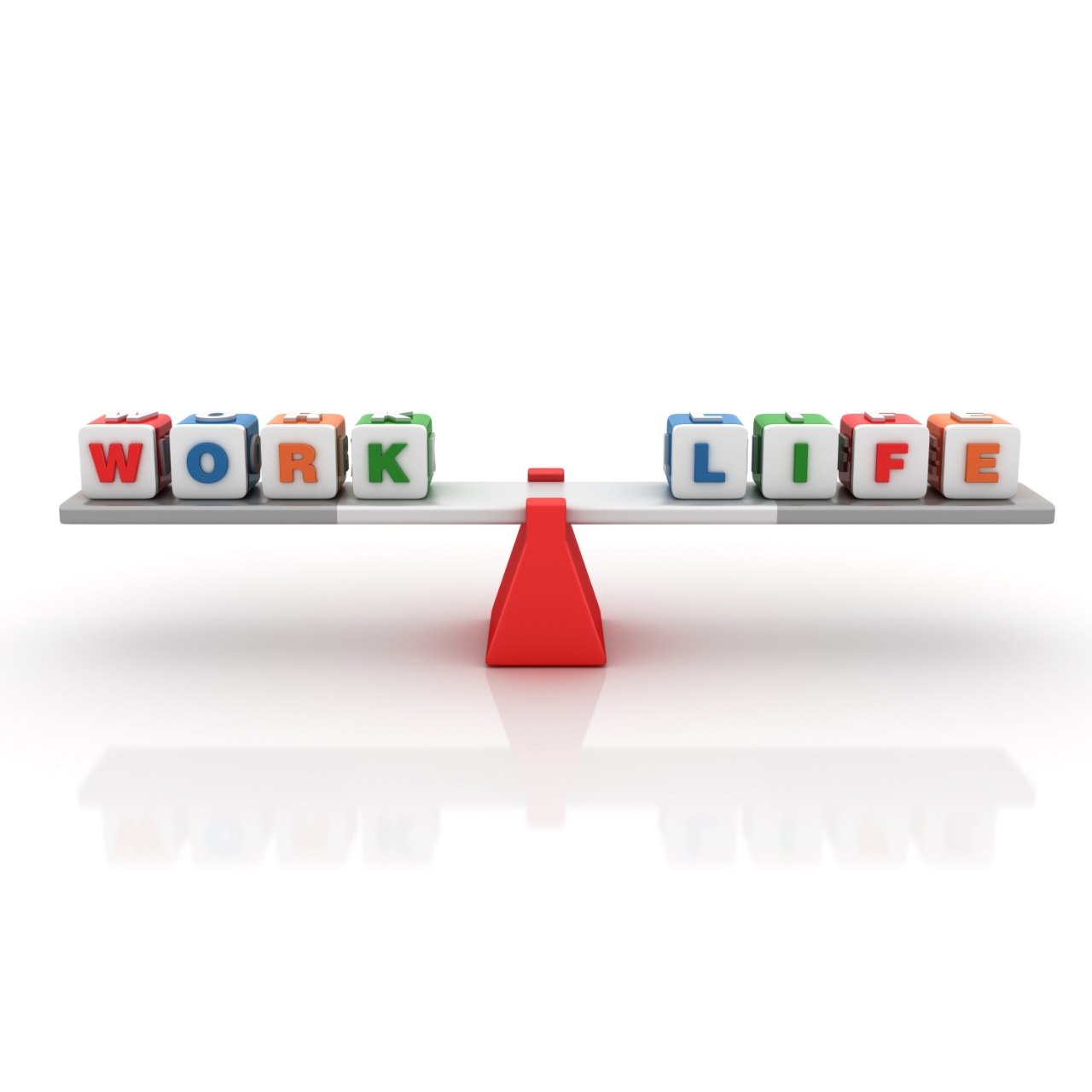
Share This Post
I’d like all of you to pause for a moment, you wretched weaklings, and take stock of your miserable existence.”
Nigel Marsh quotes Saint Benedict, from the fifth century, in the introduction to his discussion of work-life balance. Every day we work and grind, unhappy in our jobs and our lives. So Nigel Marsh, like us at Forge, has dedicated himself to understanding the meaning of “work-life balance.”
How do our work and our lives contribute to our societal “miserable existence”—and how do we fix it?
An idea on work-life balance worth spreading
At the heart of Nigel’s presentation, is an idea worth spreading
Nigel writes:
“Being more balanced doesn’t mean dramatic upheaval in your life. With the smallest investment in the right places, you can radically transform the quality of your relationships and the quality of your life … moreover, I think, it can transform society … because if enough people do it … we can change society’s definition of success … away from the moronically simplistic notion that the person with the most money dies wins to a more thoughtful and balanced definition of what a life well-lived looks like … and that, I think, is an idea worth spreading.”
Nigel’s 4 observations on work-life balance
Observation 1 – If society is to make any progress, we need an honest debate.
In his first observation, Marsh discusses all the “rubbish” surrounding work-life balance. Dress-down Fridays and unlimited vacation only mask the core issue. He believes that the core issue is that some career paths and jobs are fundamentally incompatible with a work-life balance. The reality is that there are thousands of people “leading lives of quiet, screaming desperation” that casual Fridays won’t fix.
If this truly is the core issue, how do we solve it? In order to solve a problem, the reality of the situation must be acknowledged and there are thousands of people out there leading unhappy lives.
Observation 2 – Face the truth, government and institutions aren’t going to solve this problem for us.
Marsh makes the strong point that governments and corporations won’t solve this issue for us. Employees must take responsibility for the types of lives they want to lead. Work-life balance means designing your own life… or someone else will design it for you. Marsh states, “We have to be responsible for setting and maintaining the boundaries in our life.”
Observation 3 – We have to be careful with the timeframe that we choose upon which to judge our balance.
The third observation is that we have to be careful with the time frame we use to judge our balance. We need to be realistic, you can’t have your perfect day every day. We need to elongate the time frame with which we judge the balance in our life without falling into the trap of thinking we’ll have a life when we retire. A day is too short after retirement is too long: there’s got to be a middle way.
Observation 4 – We need to approach balance in a balanced way.
“We need to approach balance in a balanced way,” states Marsh. There are other parts of work-life balance to take into account, such as the intellectual, emotional, physical, and spiritual facets of our being. Marsh notes that balancing all areas can be daunting—but it’s possible.
You can win the battle of work-life balance
Having a balanced life doesn’t need to mean dramatic upheaval. “With the smallest investment in the right places, you can radically transform the quality of your relationships and the quality of your life.”
What matters most to you? What does your ideal life look like? What will make you a better parent and worker? What are your purpose and passion? What will you look back on in your life and be most proud of?
This is where you should be dedicating more time. This is where you should look to find your balance.